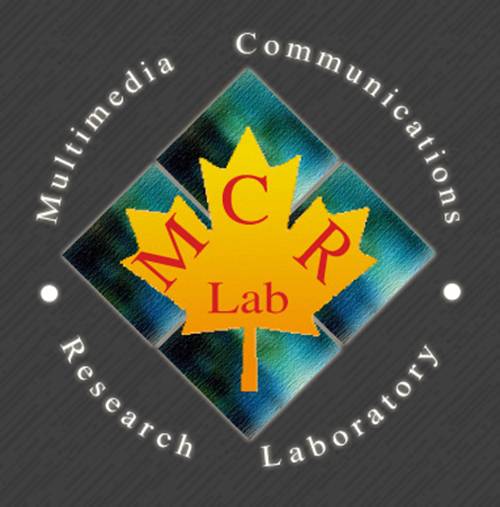|
CALL FOR PAPERS
(Collocated with ACM Multimedia 2009)
|
||||||
|
|
Scope With the widespread deployment of sensors - visual, haptic, or otherwise - all around us, it is increasingly possible to gather and act over information about human activities without intrusive means. This "ambient media intelligence" allows us to develop human-centric multimedia applications that can strongly impact our daily lives; for example, human gestures and movements in the physical space can be used to interact with digital, multimedia content or conversely situational information, re-contextualized based on our current activities can be used to adapt our physical environments to our current needs.
The purpose of the first International Workshop on Ambient Multimedia (iWAM) is to provide a common forum for researchers, scientists, engineers and practitioners throughout the world to present their latest research findings, ideas, developments and applications in the broader area of sensory media computing.
iWAM will consist of invited and contributed presentations dealing with all aspects of ambient multimedia. In addition to the main technical program, the workshop will include keynote speakers, and posters sessions.
Topics iWAM seeks papers describing contributions to the state of the art and state of the practice in the field of ambient multimedia. Papers in the workshop program must describe high-quality, original research. Topics of interest include all aspects of, and areas related to, the following:
Submission Guideline All submissions
to ACM iWAM 2009 must not have been previously published and must not be currently under consideration for publication elsewhere. Manuscripts should be submitted in camera-ready format and should not exceed 10 pages, including figures and tables. Papers will be reviewed with an emphasis on potential to contribute to the state of the art in the field. Each paper will receive at least two reviews. Selection criteria include accuracy and originality of ideas, clarity and significance of results, and presentation quality. All papers accepted will appear in the workshops proceedings which will be published by ACM and available through their digital library.
Online-Submission for Workshop Paper http://edas.info/newPaper.php?c=7769&track=7381
|
||||||


